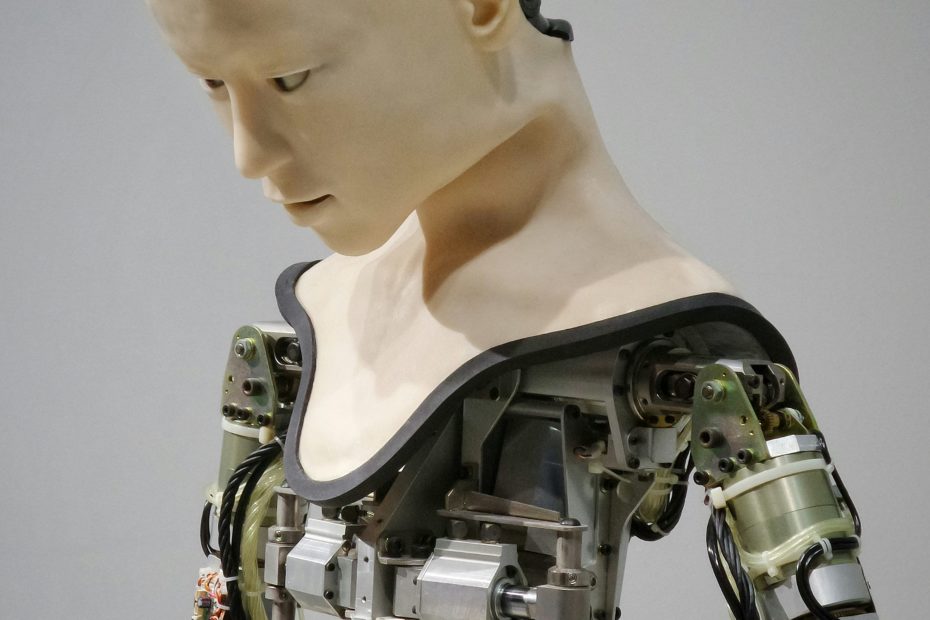Written by: Julian Koplin & Joshua Hatherley, Monash University
ChatGPT is a variant of the GPT-3 language model developed by OpenAI. It is designed to generate human-like text in response to prompts given by users. As with any language model, ChatGPT is a tool that can be used for a variety of purposes, including academic research and writing. However, it is important to consider the ethical implications of using such a tool in academic contexts. The use of ChatGPT, or other large language models, to generate undergraduate essays raises a number of ethical considerations. One of the most significant concerns is the issue of academic integrity and plagiarism.
One concern is the potential for ChatGPT or similar language models to be used to produce work that is not entirely the product of the person submitting it. If a student were to use ChatGPT to generate significant portions of an academic paper or other written work, it would be considered plagiarism, as they would not be properly crediting the source of the material. Plagiarism is a serious offence in academia, as it undermines the integrity of the research process and can lead to the dissemination of false or misleading information.This is not only dishonest, but it also undermines the fundamental principles of academic scholarship, which is based on original research and ideas.
Another ethical concern is the potential for ChatGPT or other language models to be used to generate work that is not fully understood by the person submitting it. While ChatGPT and other language models can produce high-quality text, they do not have the same level of understanding or critical thinking skills as a human. As such, using ChatGPT or similar tools to generate work without fully understanding and critically evaluating the content could lead to the dissemination of incomplete or incorrect information.
In addition to the issue of academic integrity, the use of ChatGPT to generate essays also raises concerns about the quality of the work that is being submitted. Because ChatGPT is a machine learning model, it is not capable of original thought or critical analysis. It simply generates text based on the input data that it is given. This means that the essays generated by ChatGPT would likely be shallow and lacking in substance, and they would not accurately reflect the knowledge and understanding of the student who submitted them.
Furthermore, the use of ChatGPT to generate essays could also have broader implications for education and the development of critical thinking skills. If students were able to simply generate essays using AI, they would have little incentive to engage with the material and develop their own understanding and ideas. This could lead to a decrease in the overall quality of education, and it could also hinder the development of important critical thinking and problem-solving skills.
Overall, the use of ChatGPT to generate undergraduate essays raises serious ethical concerns. While these tools can be useful for generating ideas or rough drafts, it is important to properly credit the source of any material generated by the model and to fully understand and critically evaluate the content before incorporating it into one’s own work. It undermines academic integrity, it is likely to result in low-quality work, and it could have negative implications for education and the development of critical thinking skills. Therefore, it is important that students, educators, and institutions take steps to ensure that this practice is not used or tolerated.
Everything that you just read was generated by an AI
Read More »Guest Post: It has become possible to use cutting-edge AI language models to generate convincing high school and undergraduate essays. Here’s why that matters

